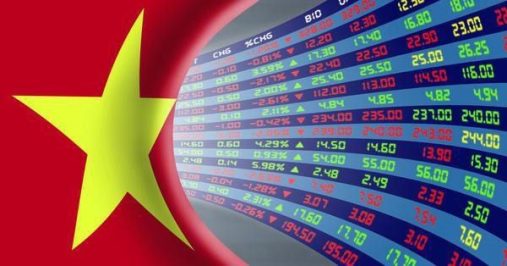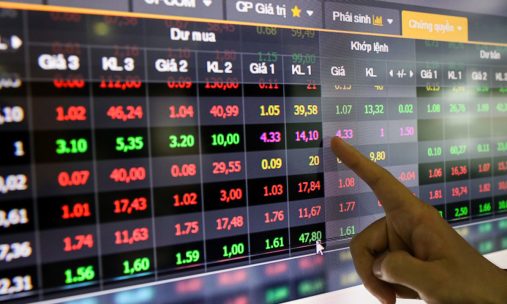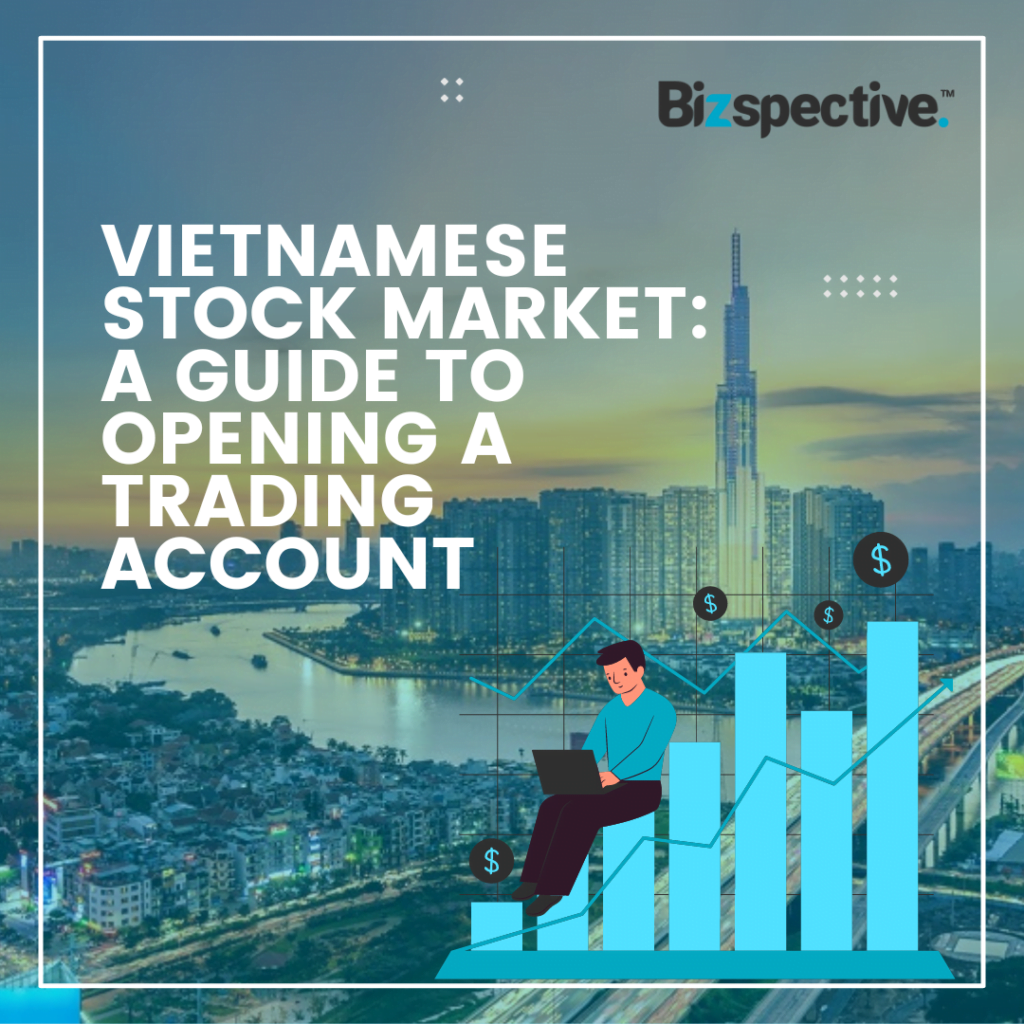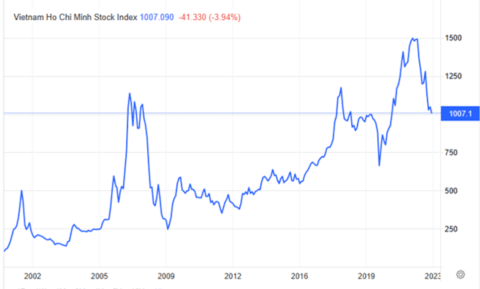Investing in the stock market can be a lucrative endeavour, and Vietnam presents a promising opportunity for both domestic and foreign investors. With its rapidly growing economy and dynamic business landscape, the Vietnamese stock market offers a diverse range of investment options and it might be interesting to some to open a stock trading account in Vietnam.
However, for those looking to dip their toes into this market, understanding the process of opening a stock trading account is crucial. In this guide, we’ll walk you through the steps of opening an indirect investing capital account (IICA), provide an overview of the stock market in Vietnam, and highlight some interesting stocks worth considering.
Table of Contents
Is it possible for foreigners to participate in stock trading in Vietnam?
Yes, foreigners are encouraged to engage in trading on the Vietnam stock exchange. Government policies have been implemented to facilitate foreign participation in the market. Additionally, the Ho Chi Minh Stock Exchange has adjusted its policies in line with government directives, enabling foreign investors to take part in Vietnam’s stock exchange market.
Which stock exchanges should one consider investing in within Vietnam?
Vietnam currently has two exchanges, one situated in Ho Chi Minh and the other in Hanoi. Efforts are underway to merge these exchanges, indicating a potential future of a unified stock exchange in Vietnam.
What are the 4 steps to open a stock trading account in Vietnam.?
1. Find a broker.
As a newcomer in the Vietnam stock market, securing a stock broker is crucial. Choose from renowned brokerage firms such as Viet Capital Securities, Saigon Securities, Ho Chi Minh City Securities, ACB Securities, Vndirect Securities, and Yuanta. These firms boast experienced representatives proficient in English, who will guide you through account opening procedures and offer valuable insights into the market. By partnering with these reputable brokerages, you’ll streamline your entry into the market and set the stage for a successful investment journey.
2. Open a brokerage account.
This step is crucial: the account opening process entails submitting credentials like your passport and other necessary documents to the authorities. While specific requirements may vary depending on the Brokerage Company you choose, the standard list of required documents typically includes the following:
1. Passport copy
2. Account opening application
3. FATCA compliance document (for US citizens)
4. Power of Attorney (POA)
5. Securities Trading Code application
3. Establish a Vietnamese bank account
It’s essential to open a bank account in Vietnam. This account will be pivotal for holding your funds within the country and receiving your earnings. Your chosen stock broker can assist you with this crucial step, emphasizing the importance of having a trustworthy broker by your side.
4. Obtain a securities trading code
In Vietnam’s stock exchange, having a securities trading code is compulsory, as it functions as the identification for traders and investors. Your engaged broker can assist you with this process, ensuring a smooth journey and minimizing errors along the way.

Introduction To The Stock Market In Vietnam
The Vietnamese stock market, officially known as the Ho Chi Minh City Stock Exchange (HOSE) and the Hanoi Stock Exchange (HNX), plays a vital role in the country’s economy. It provides a platform for companies to raise capital, facilitates investment opportunities for individuals and institutions, and contributes to the overall development of Vietnam’s financial sector.
With a growing number of listed companies across various sectors, including manufacturing, technology, finance, and real estate, the Vietnamese stock market offers investors a diverse array of investment options. Additionally, recent regulatory reforms aimed at enhancing transparency and investor protection have further bolstered confidence in the market.

Possible Interesting Stocks to Invest In.
While selecting individual stocks requires thorough research and analysis, several sectors in the Vietnamese market show promise for investment. Some noteworthy sectors and companies include:
1. Technology: Companies like FPT Corporation and Viettel Group are leading players in Vietnam’s rapidly growing technology sector, with strong potential for future growth.
2. Consumer Goods: Businesses such as Vinamilk and Masan Group, which produce a range of consumer goods including dairy products and packaged foods, have demonstrated resilience and steady performance.
3. Real Estate: With Vietnam’s urbanization and infrastructure development, real estate companies like Vingroup and Novaland Group offer opportunities for investors seeking exposure to the property market. However, it’s important to exercise caution, particularly in the real estate sector, as of 2024, where many developers are grappling with financial challenges.
4. Banking and Finance: Established banks like Vietcombank and Techcombank, along with emerging fintech companies, present opportunities in Vietnam’s evolving financial sector.
Conclusion
Foreign participation in the Vietnam stock market is not only possible but encouraged, with government policies facilitating access for international investors. As the Ho Chi Minh Stock Exchange aligns with regulatory directives, foreign investors have increasing opportunities to engage in the market.
For those considering investment, partnering with reputable brokerage firms, opening a Vietnamese bank account, and obtaining a securities trading code are essential steps to navigate the market successfully. With diverse sectors and promising companies, the Vietnamese stock market offers ample opportunities for investors seeking growth and diversification.
Disclaimer: This information is for informational purposes only and does not constitute financial advice. Please consult a qualified financial advisor before making any investment decisions.

